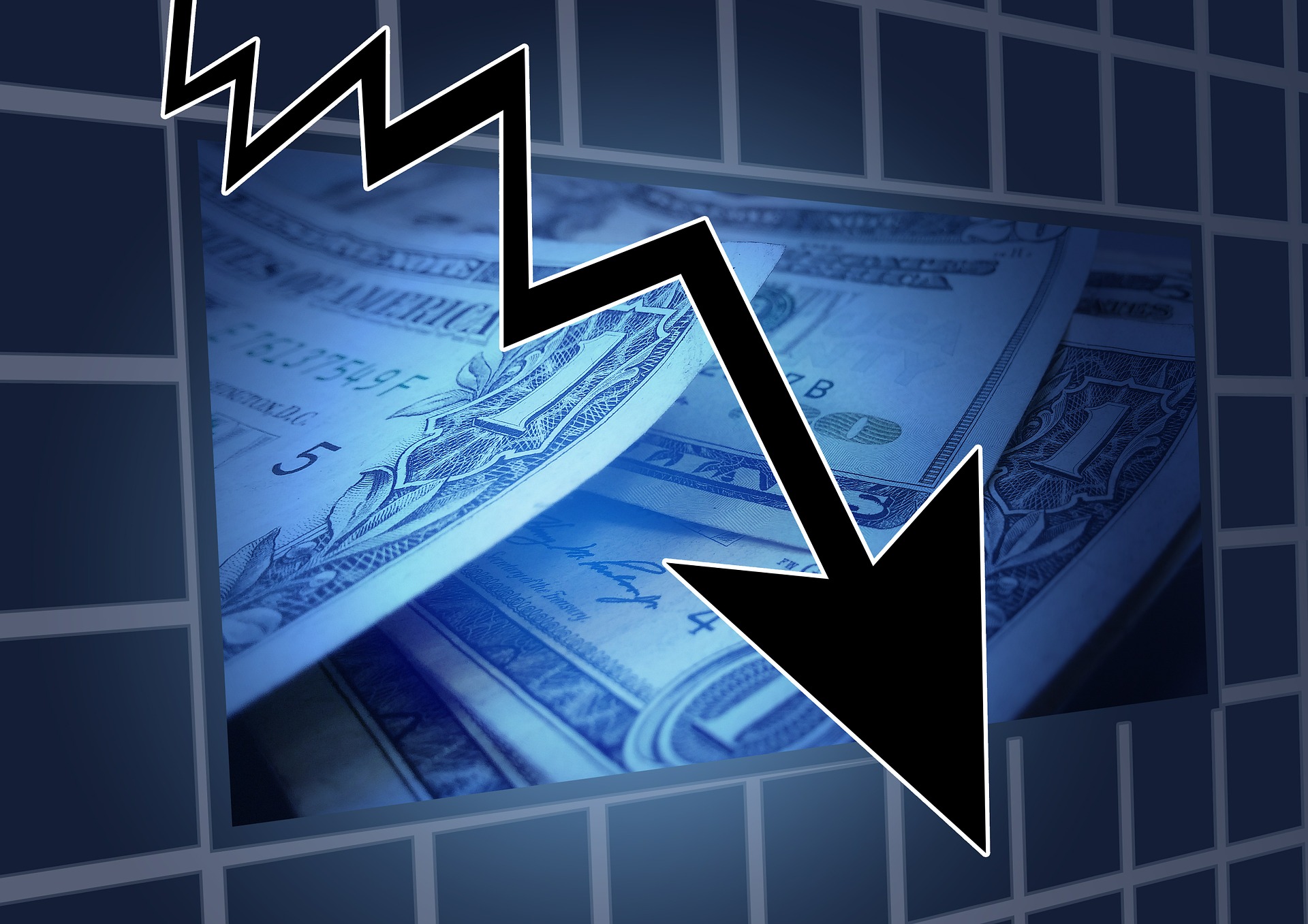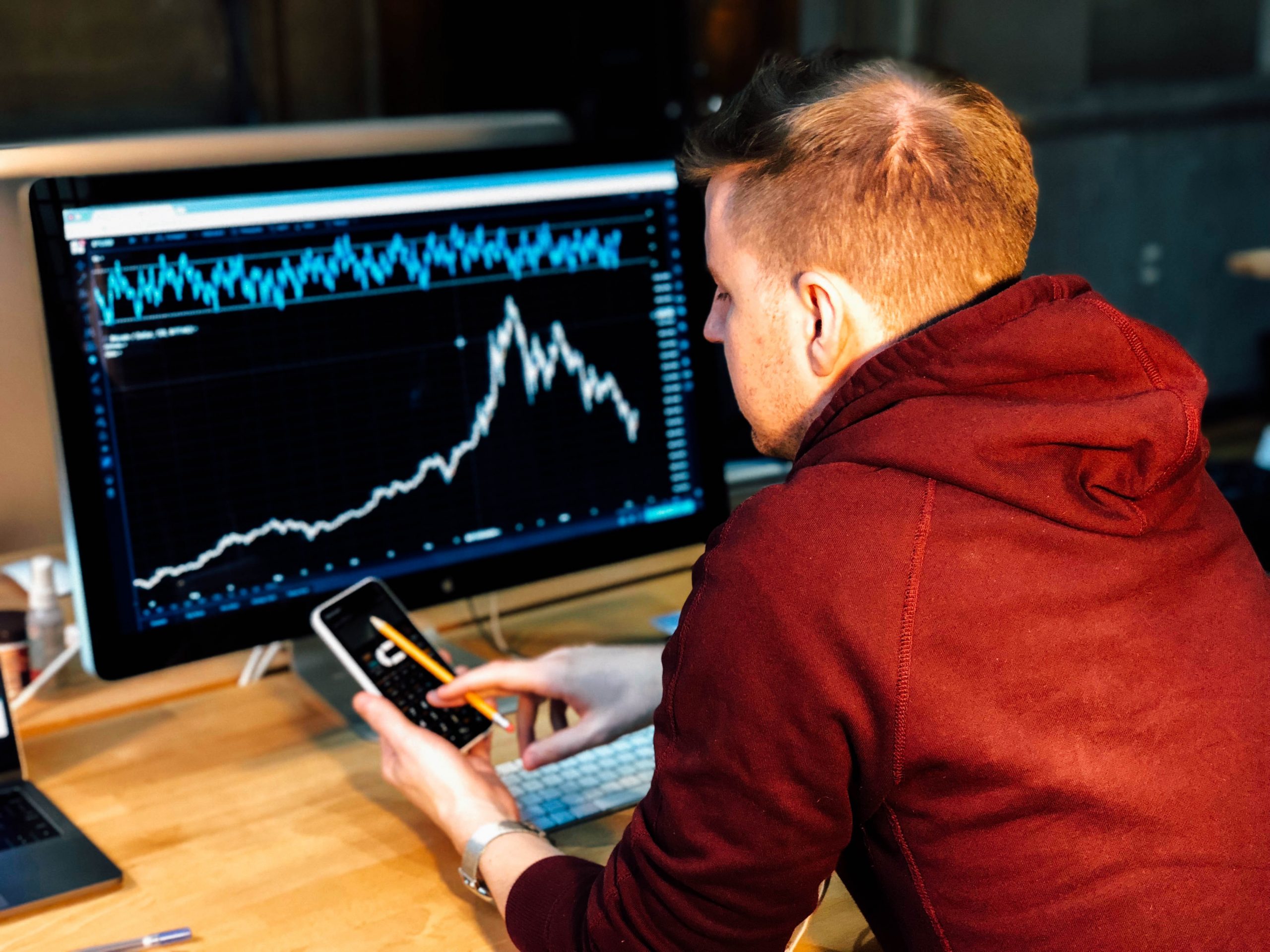Inflation in Forex is when the general price level of goods and services in an economy increases. It is measured as the percentage change in the price index over a certain period, usually a year. A rise in inflation can have several effects on the forex market.
How does inflation occur?
Various factors cause inflation, but the most common is increased money supply. When there is more money pursuing fewer goods, prices will go up. Inflation can also be caused by higher taxes, which reduce people’s purchasing power, or higher production costs, leading to higher prices for consumers.
When more money is accessible to be spent, and there aren’t enough goods or services to match this increased demand, prices go up.
The first is through its impact on central bank policy. A central bank’s primary aim is to keep prices stable, so an increase in inflation typically leads to higher interest rates as the bank struggles to control demand and bring prices back down. Higher interest rates make a currency more appealing to investors since they will get a greater return on their investment. So this can lead to an appreciation in the currency’s value.
The effects of inflation on the forex market
A rise in inflation can have several effects on the forex market.
- It can raise interest rates. Higher interest rates make borrowing money more difficult, reducing demand for loans and consumption. It may cause the currency to depreciate.
- It can lead to higher import prices. If the price of goods imported into a country increases, this will decrease demand for these goods and decrease the currency’s value.
- It can cause investors to lose confidence in the currency. If inflation is high and rising, it can erode the currency’s value, leading investors to sell their holdings and causing the currency to depreciate.
- It can lead to lower growth and higher unemployment. If inflation is high, it can slow down economic growth and increase unemployment as businesses cut back on hiring. It can cause the currency to depreciate.
How can you trade inflation?
There are various ways that traders can trade inflation. One way is to trade the bond market. When interest rates rise, the prices of bonds fall. So, traders can buy bonds when they expect interest rates to rise and sell them when they expect rates to fall. They can also use options and futures contracts to bet on the direction of interest rates.
Another way to trade inflation is by betting on the direction of the currency. If a trader thinks that a country’s currency will appreciate against another country’s currency, they can buy the currency pair and hope to make a profit when it goes up in value. Conversely, if they think the currency will depreciate, they can sell the currency pair.
Inflation can also have an impact on commodities prices. Traders can use commodities to hedge against inflation or speculate on the direction of commodity prices.
Traders can also use exchange-traded funds (ETFs) to trade inflation. ETFs are investment funds that track an index, sector, or asset class. Several ETFs track inflation-sensitive assets such as bonds, commodities, and currencies.
Bottom line
Inflation can have several effects on the forex market. It can cause interest rates to rise, increase import prices, erode the currency’s value, and cause lower growth and higher unemployment. Traders can trade inflation by betting on the direction of the currency, trading the bond market, or investing in ETFs that track inflation-sensitive assets.
Finally, inflation can also affect the forex market by impacting exchange rates. If a country’s inflation rate rises faster than its trading partners, its currency will tend to depreciate against those currencies. It is because goods and services from that country will become relatively more expensive for foreigners.







